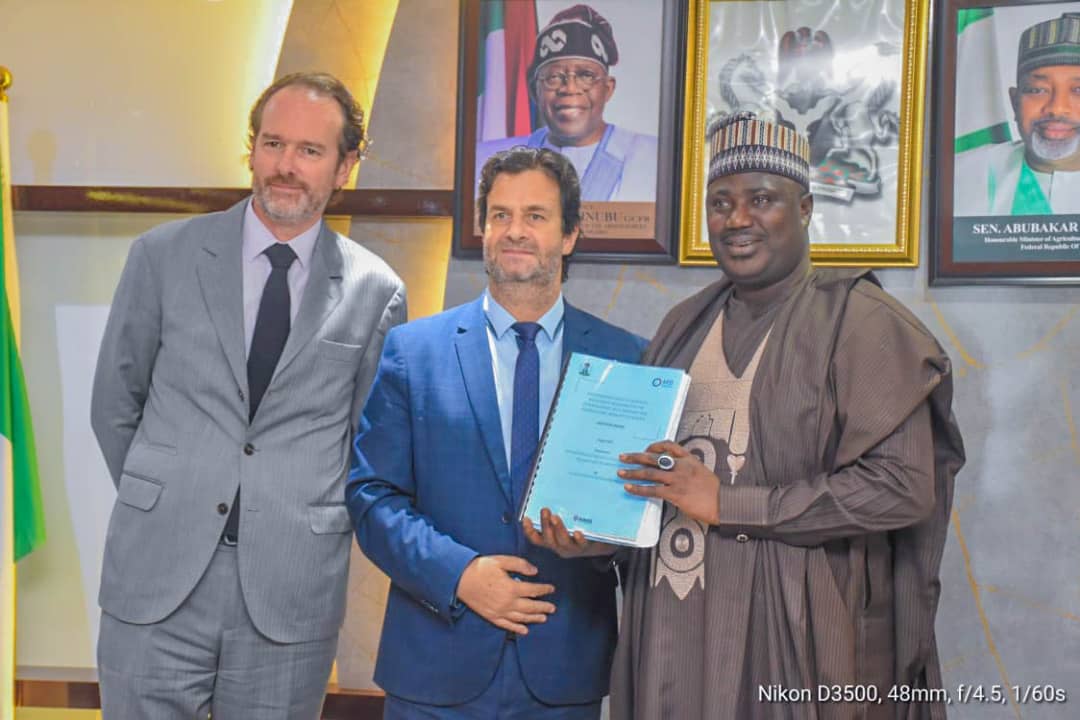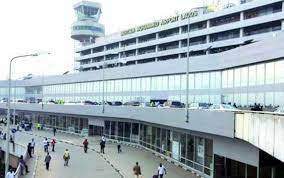The Federal Ministry of Agriculture and Food Security has unveiled a strategy designed at reshaping the country’s wholesale markets and bolster food distribution network.
This was contained in the Strategic Plan for the Development of Modern Wholesale Markets to Feed the Cities and Structure the Food Value Chain, a report that seeks to enhance food security and fuel sustainable economic growth.
Minister of State for Agriculture and Food Security, Senator Aliyu Abdullahi, who spoke at the report’s launch in Abuja, said the strategy has the potential to address some of Nigeria’s most pressing challenges.
Key objectives include reducing post-harvest losses, minimising logistical costs, and alleviating traffic congestion in Nigeria’s major urban centers.
“With this strategic plan, we are taking deliberate steps to secure and enhance food security, safety, and quality across Nigeria.
“Our vision is to uplift millions of Nigerian farmers by increasing their income potential while creating thousands of new jobs across the agricultural value chain,” he added.
The plan, he said, emphasises integrating informal and formal market structures to streamline connections between rural and urban markets, as well as linking production hubs in Kano, Ibadan, and Owerri.
He said the integration is aimed at reinforcing traditional markets while establishing a more modern, efficient food distribution system.
Abdullahi noted that Nigeria is poised for a transformation in fresh produce distribution to urban centers, drawing inspiration from the renowned Rungis International Market in France.
He emphasised that the Nigerian approach would tailor international best practices to create a fresh produce network that meets the country’s unique needs, supplying its six largest cities.
At a subsequent investment meeting in Abuja, Senator Abdullahi encouraged investors to support agricultural initiatives at the grassroots level.
Responding, a French company investors, Semmaris, presented a proposal to design, build and operate food hubs along key corridors in Nigeria, creating a comprehensive ecosystem for the agri-food industry.
Senator Abdullahi welcomed the proposal, stressing that alignment with President Bola Ahmed Tinubu’s vision of local government autonomy would be essential to empowering rural markets.
In his remarks, National Coordinator of the Rural Access and Agricultural Marketing Project (RAAMP), Engr. Aminu Mohammed, outlined the report’s key findings, an in-depth analysis of Nigeria’s existing food distribution networks, a review of governance models, market development strategies, and a detailed roadmap for establishing modern agricultural markets.
Mohammed described the report as “a blueprint for Nigeria’s future,” highlighting its practical, action-oriented approach.
He explained that the report also marks the conclusion of a preliminary assistance program funded by the Agence Française de Développement (AFD) and implemented by SEMMARIS.
The focus, he said, now shifts to establishing a national network of agro-logistic hubs with support from both public and private partners, a step expected to accelerate Nigeria’s journey toward an efficient, resilient food distribution network.






